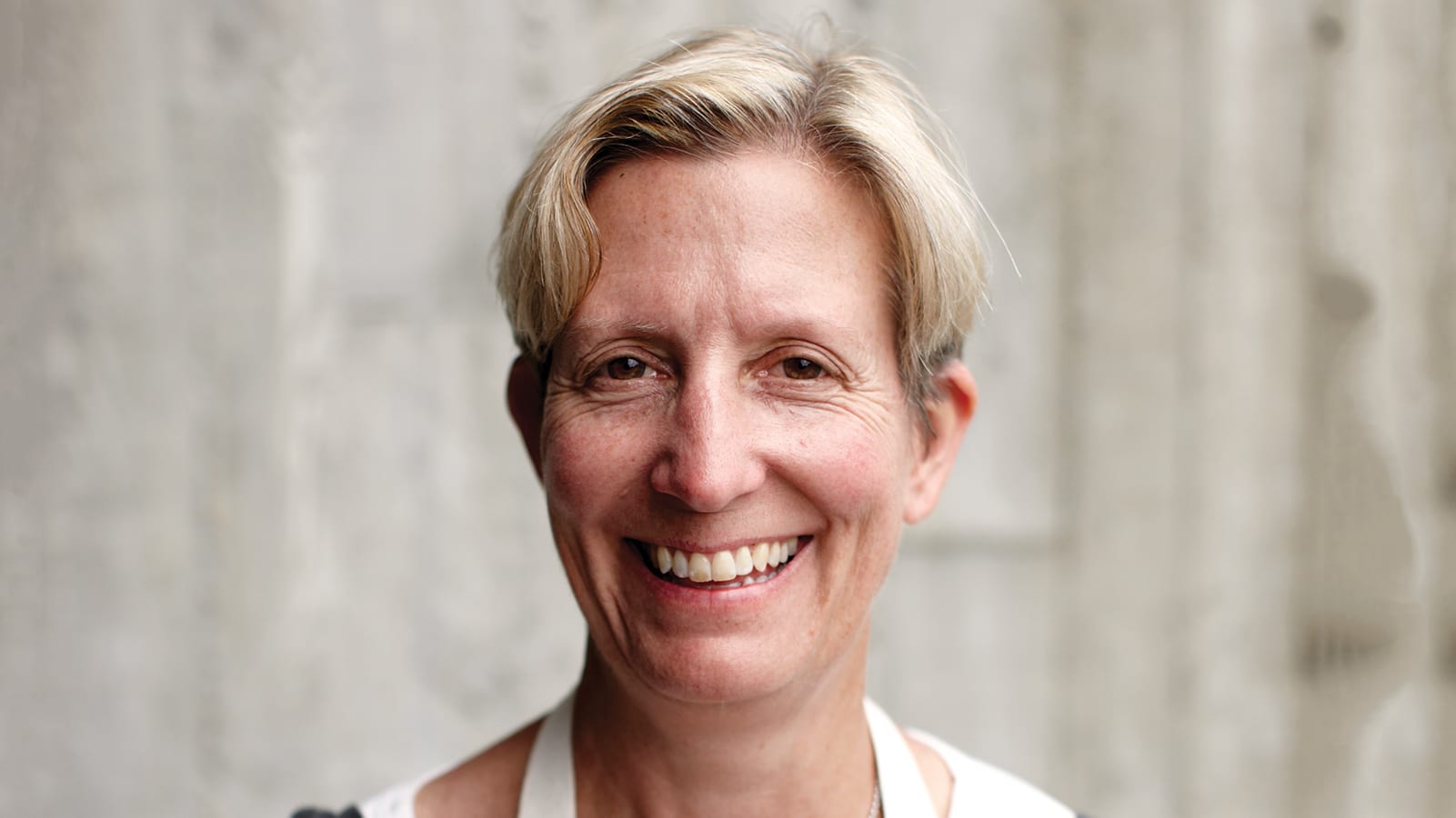Producer Partnerships
This article was originally published in April 2018

Leslie Mackie, Macrina Bakery
Leslie Mackie opened Macrina Bakery in 1993, fulfilling a life long dream to own a business of her own. “My dad was an entrepreneur,” she explains. “I grew up in that world and never feared owning a business.” The driving force toward food came from Leslie’s mom: “she was a ‘foodie’ before the word was really used.”
Leslie’s story is one of hard work and perseverance. She prepared for Macrina from the beginning, getting multiple degrees, gaining experience, and traveling to other countries to learn from their culinary cultures. A number of factors brought Leslie to Seattle.
“I’d always been impressed by the women working in food in the Pacific Northwest,” she notes. ” There are some premiere women in the food industry in this area.”
Leslie came to Seattle in the 1980s with the hope of opening a bakery with Tom Douglas. “The timing wasn’t quite right,” Leslie says. “I actually was walking through Pioneer Square right after that conversation with him and I walked right into Grand Central Bakery! They were hiring a head baker. I dropped off my resume then, interviewed the next day, and was working three days later.” The rest, as they say, is history.
Leslie stayed at Grand Central Bakery for four and a half years, gaining skills and experience before opening Macrina. “I worked like crazy those early years! Forteen to 16 hour days in an 847-square-foot space,” she says. “But it was awesome! It was so much fun. All my friends came into the bakery — because I didn’t have time to go out and see them anyway — and this was the start of our strong community support and involvement.”
Five months after opening, Macrina’s sourdough bread was featured in Sunset magazine. That “put us on the map,” says Leslie, and they’ve been busy ever since.
Macrina has grown deliberately, supporting staff development and prioritizing its product. Leslie constantly strives to improve Macrina and develop local partnerships. Macrina sponsored The Bread Lab in the Skagit Valley and participated in the King County Local Food Initiative with PCC.
Four years ago, Macrina began purchasing some of its flour from Fairhaven Mills, grown at Williams Brothers Farm, a PCC Farmland Trust conservation property. “It’s a small percent but our whole wheat and rye flour are organic,” Leslie explains, “even though we don’t advertise it.”
Macrina’s goal is to source high-quality ingredients that are grown with integrity. Says Leslie, “Macrina today is the best it’s ever been — and it will continue to evolve and grow.”
